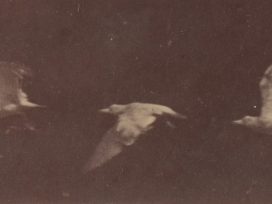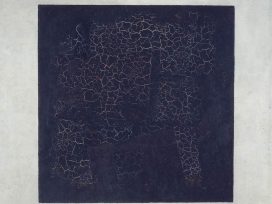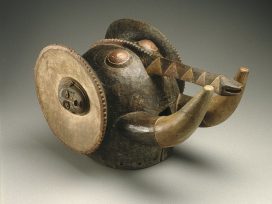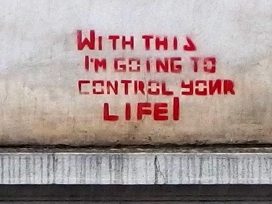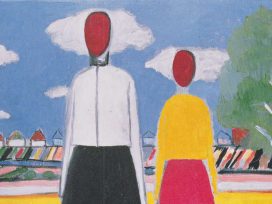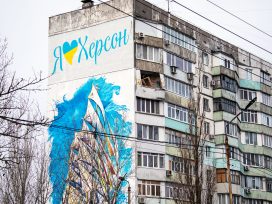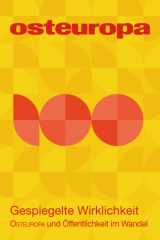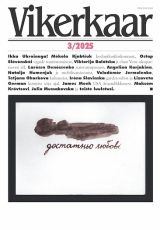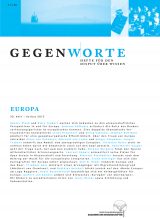Eurozine Editorial
Unsigned articles (News Items, Editorials, Introductions etc) are written by the Eurozine editors. See the about us section for more information.
Articles

Rephrase and erase
The political act of commemoration
On the 80th anniversary of the Warsaw Ghetto Uprising, European memory politics is once again drawn up to the surface. This Eurozine topical brings understanding to the populist treatment of WWII responsibility, and the consequences of a fragmented memory.

Your choice
Reader favourites from 2022
2022 is a year of hurt and loss, but also of fierce resistance. Amid war and blood-soaked revolutions, masses have risen up to demand dignity, freedom and their right to form their own destiny. Here are your favourite articles from 2022 – and a few pieces our editors think you’ll love.




